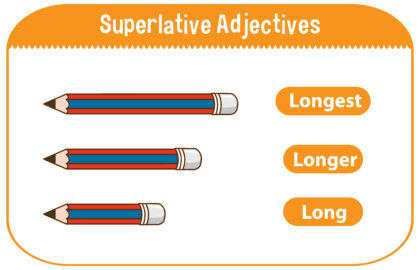As a beginner learning French, mastering verb conjugation is essential for effective communication. In this guide, we’ll explore the basics of French verbs, their conjugation patterns, and tips to improve your writing and speaking skills.
Introduction: Understanding French Verbs
French verbs are essential elements of the French language, allowing speakers to express actions and ideas in various tenses and moods. French verbs are divided into three groups, based on their endings: -er, -ir, and -re verbs. Each group has a different set of conjugation patterns and rules.
Conjugating French Verbs: The Basics
To conjugate a French verb, you must change its form to match the tense, mood, and subject of the sentence. Here are the basic conjugation patterns for each verb group:
-ER Verbs:
Je (I) -e
Tu (You) -es
Il/Elle (He/She) -e
Nous (We) -ons
Vous (You) -ez
Ils/Elles (They) -ent
-IR Verbs:
Je (I) -is
Tu (You) -is
Il/Elle (He/She) -it
Nous (We) -issons
Vous (You) -issez Ils/Elles (They) -issent
-RE French Verbs:
Je (I) -s
Tu (You) -s
Il/Elle (He/She) –
Nous (We) -ons
Vous (You) -ez
Ils/Elles (They) -ent
Using French Verbs in Context
While mastering verb conjugation patterns is essential, using them in context is equally important. French verbs are used in various tenses and moods, including the present, past, future, conditional, and subjunctive.
The most commonly used tense in French is the present tense, which describes actions that are happening now. Here’s an example using the verb “aimer” (to love):
Je aime le chocolat. (I love chocolate.)
Paste Tense French Verbs
The past tense is used to describe actions that have already happened. In French, there are two main past tenses: the passé composé and the imparfait. The passé composé is used for completed actions, while the imparfait is used to describe ongoing or repeated actions in the past. Here’s an example using the verb “aller” (to go):
Je suis allé(e) au cinéma hier. (I went to the movies yesterday.)
Future Tense
The future tense is used to describe actions that will happen in the future. In French, the future tense is formed by adding the endings -ai, -as, -a, -ons, -ez, and -ont to the infinitive form of the verb. Here’s an example using the verb “parler” (to speak):
Je parlerai avec toi demain. (I will speak with you tomorrow.)
The Conditional Mood French Verbs
The conditional mood is used to describe actions that would happen under certain conditions. In French, the conditional is formed by adding the endings -ais, -ais, -ait, -ions, -iez, and -aient to the infinitive form of the verb. Here’s an example using the verb “pouvoir” (to be able to):
Je pourrais t’aider si tu le souhaites. (I could help you if you want.)
The Subjunctive Mood
The subjunctive mood is used to describe actions that are uncertain, hypothetical, or subjective. In French, the subjunctive is formed by adding the endings -e, -es, -e, -ions, -iez, and -ent to the present tense stem of the verb. Here’s an example using the verb “être” (to be):
Il faut que je sois à l’heure. (It’s necessary that I be on time.)
Improving Your French Writing and Speaking Skills
To improve your French writing and speaking skills, it’s essential to practice verb conjugation regularly. Here are some tips to help you master French verbs:
- Practice conjugating verbs in different tenses and moods, using both regular and irregular verbs.
- Use flashcards to memorize verb conjugation patterns, including the irregular verbs.
- Read French texts and pay attention to how verbs are used in different contexts.
- Listen to French podcasts or watch French videos to improve your listening skills and hear how verbs are pronounced in different contexts.
- Speak French with native speakers or language partners to practice using verbs in conversation.
Conclusion
Mastering French verb conjugation is essential for effective communication in French. By understanding the basics of verb conjugation patterns and using them in context, you can improve your writing and speaking skills in French. With regular practice and dedication, you can become a confident and fluent French speaker.






